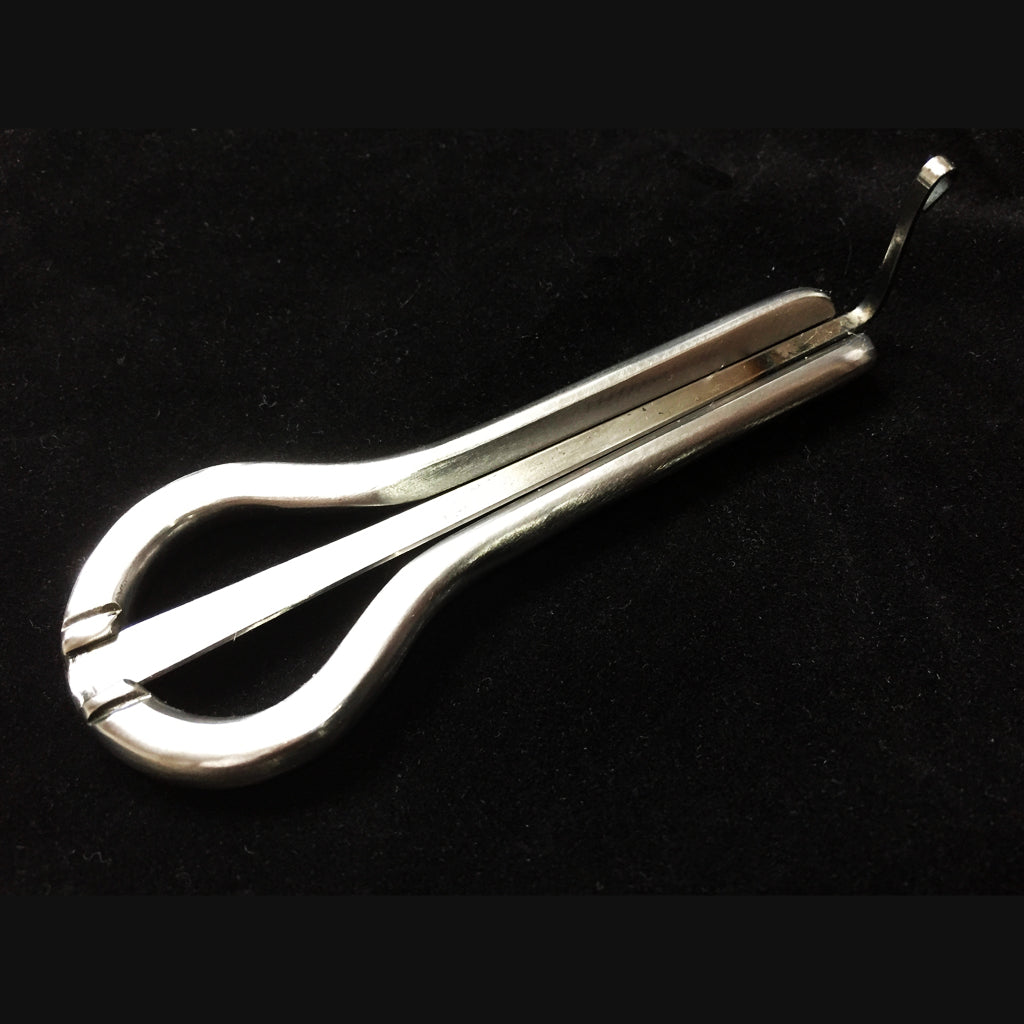Didgeridoos
The Australian Aboriginal culture, whom we must thank for sharing this great instrument with us, is thought to be in excess of 100,000 years old and it is quite possible that the didgeridoo is the oldest woodwind instrument known.
Traditionally, didgeridoos (Yidaki) can be made from several types of eucalyptus tree which grow wild in much of Northern Australia. The trees are naturally hollowed out by termites, who eat up through the tree's soft centre. It is these hollow trees that are selected by the Aborigines (Yolngu), cut down and turned into didjeridoos or Yidaki. They are used by Aborigines for secret ceremonies, initiation rites and social gatherings or ‘corroborees’.
Outside of their traditional use, didjeridoos are finding a great following amongst people all over the world. The instrument has an amazing ability to invoke images of a tribal past, through the didge's primal drone sounds. Playing or listening to the rich harmonic sounds made by didjeridoos, of many types, can be both relaxing and invigorating, whilst the circular breathing used to allow continuous playing often leads to a deeply relaxed and meditative state. Medical research has shown that didj playing can lower the heart rate and blood pressure, as well as being useful for bronchial problems like asthma and sleep apnea.
The complex sounds producing when playing a didjeridoo travel beneficially through the head and down the spine, and are excellent for aligning and balancing the chakras.
Jonathan regularly leads practical didjeridoo workshops and is available for performances, one-to-one tuition, session work, school visits, etc.


